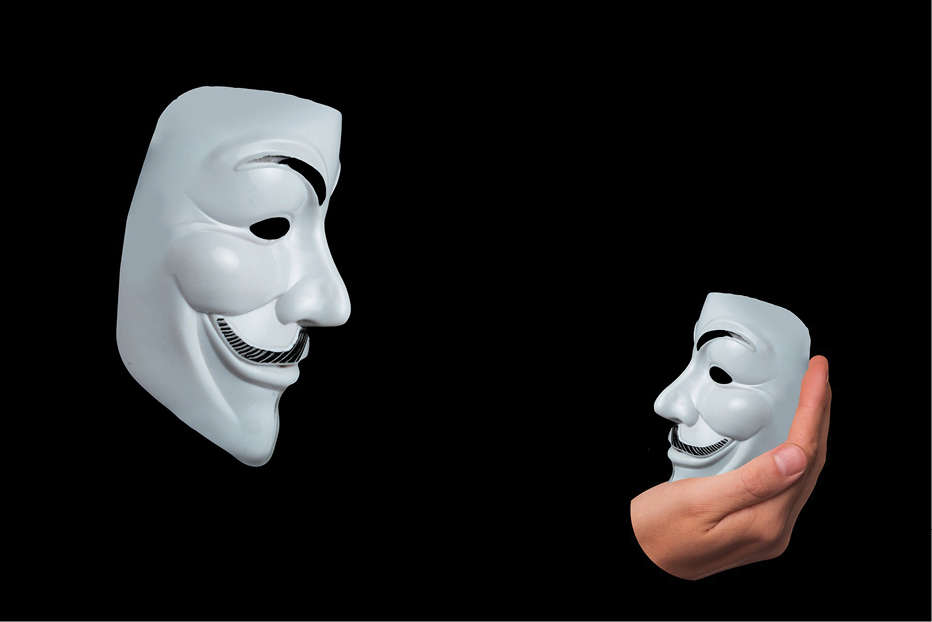I often get asked to identify the moment that marked the biggest turning point in my journey as an author. The answer usually takes people by surprise. It was not the moment when the idea for a story first occurred to me, nor was it when I first put pen to paper. It was not when I typed out the ending, or found a publisher, or when I first held the printed copy of my book in my hands. While all these occasions were monumental, the turning point for me was when I discovered that I could write at will, consciously,without having to wait for that elusive flash of inspiration to strike. What led to this was the realisation that I was harbouring a harsh inner critic within myself, and that silencing this critic was central to the creative process.
We all have an innate respect for excellence and beauty. Most of us appreciate the perfect sunrise photograph, or a beautiful note in an immortal song, or the turn of phrase in a poem. We unconsciously set the same lofty standards for ourselves when we embark on a creative or entrepreneurial journey. That is where the problem begins. This quest for perfection becomes a noose around our neck, stunting our creativity and making us feel inadequate. It often leads us to procrastinate or give up prematurely, as our output seems to pale in comparison to these benchmarks. We rationalise this, telling ourselves that striving for perfection is a good thing, not realising that it is actually our fear of failure that is masquerading as perfectionism.
The ability to experiment freely, fail, and then course correct is central to achieving success in any pursuit, not just in the creative arena. Henry Ford’s first automobile company folded up, while the first two ventures of Walt Disney and Milton Hershey were non-starters. Colonel Sanders had a series of failed entrepreneurial ventures before he founded Kentucky Fried Chicken in his sixties. Abraham Lincoln famously lost a record number of elections before he finally became President of the US. In the 1970s, Sylvester Stallone was barely making ends meet, living on the streets and acting in a series of forgettable movies before Rocky became a runaway hit. Even Prince Siddhartha experimented with various spiritual schools and techniques before he finally found his path and became Gautama the Buddha.
Mark Zuckerberg, one of the youngest success stories, also echoes this viewpoint. In his famous commencement speech at Harvard, he shares that, “Facebook wasn’t the first thing I built. I also built chat systems and games, study tools, and music players. “ He concludes, “The greatest successes come from having the freedom to fail.”
But the freedom to fail is not easy to come by. The first barrier is a financial one. The pressure to make a living and provide for the family comes in the way of experimentation. This is a real constraint to achieving a state where you can give yourself the freedom to fail.
But there is more to it than this. Do we shy away from taking risks even when finances are not as critical a constraint? Do we hide under an exaggerated need for financial security to avoid taking a creative or entrepreneurial plunge? Do we look for other excuses, such as a paucity of time or mind-space?
Often, in such cases, it is our inner critic, with its harsh glare of judgment, which prevents us from giving ourselves the freedom to fail and actually letting the rubber hit the road. A piece of advice that I often give aspiring writers is to put pen to paper and make a beginning, even if the writing that emerges makes you cringe. As the saying goes, “Don’t let the perfect be the enemy of the good.”
Giving oneself this latitude does not mean becoming an apologist for mediocrity. To quote Swami Vivekananda, “A sapling needs to be hedged for protection,” though, “when it becomes a tree, a hedge would be a hindrance.” During my own writing process, I write the first draft of my manuscripts exclusively for myself, switching off the inner critic. But I do subject my manuscript to other people’s scrutiny in subsequent drafts.
Letting go of negative judgements and being more accepting of ourselves is central to the creative process, a lesson that has much wider ramifications for our lives. It is only when we embrace the possibility of failure that we can truly embrace the possibility of success.
S.Venkatesh is the bestselling author of AgniBaan and KaalKoot, a leadership coach and an investor who has held key positions with JP Morgan, Credit Suisse and Macquarie. He writes about mindfulness and its link to creativity, business and wealth.










